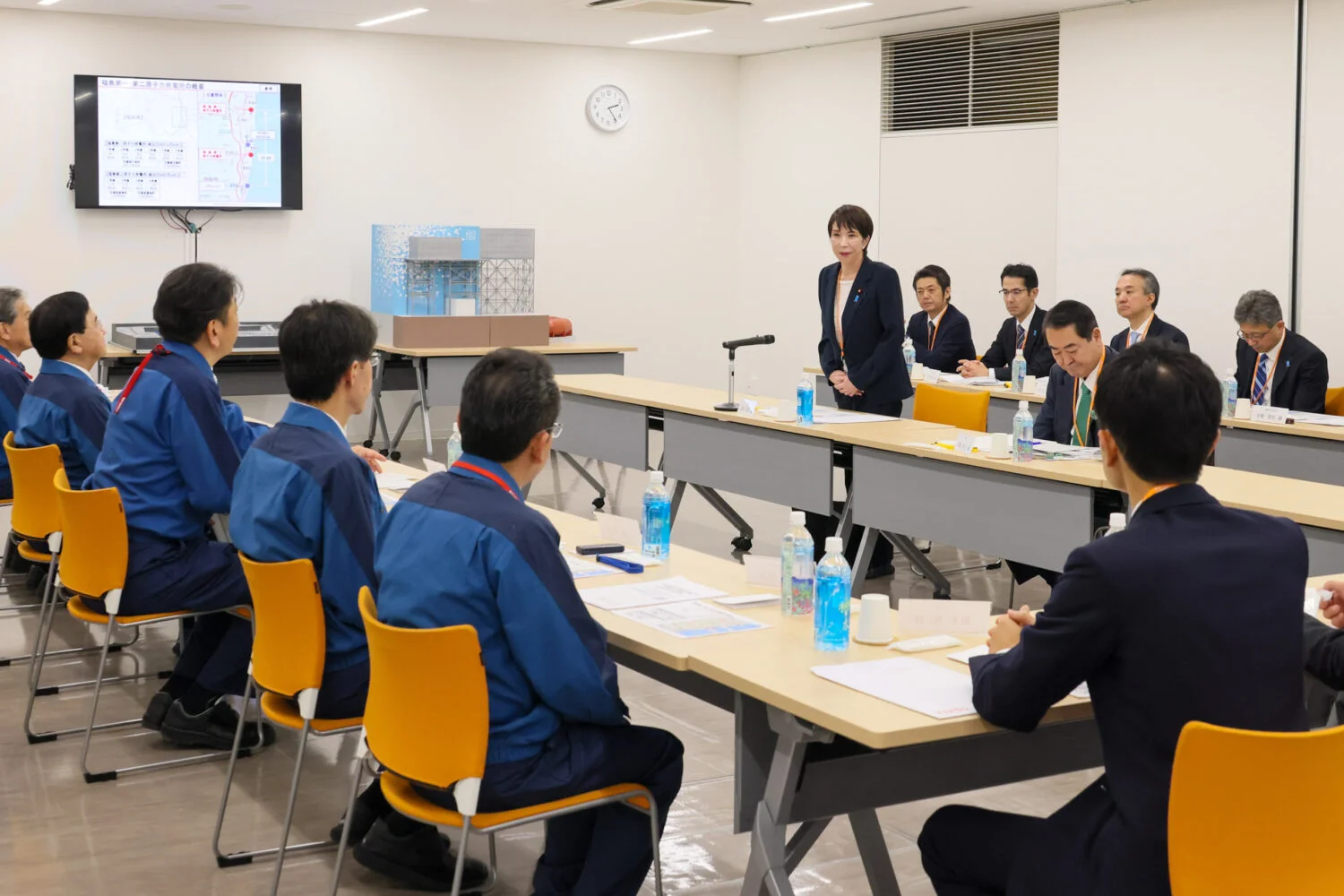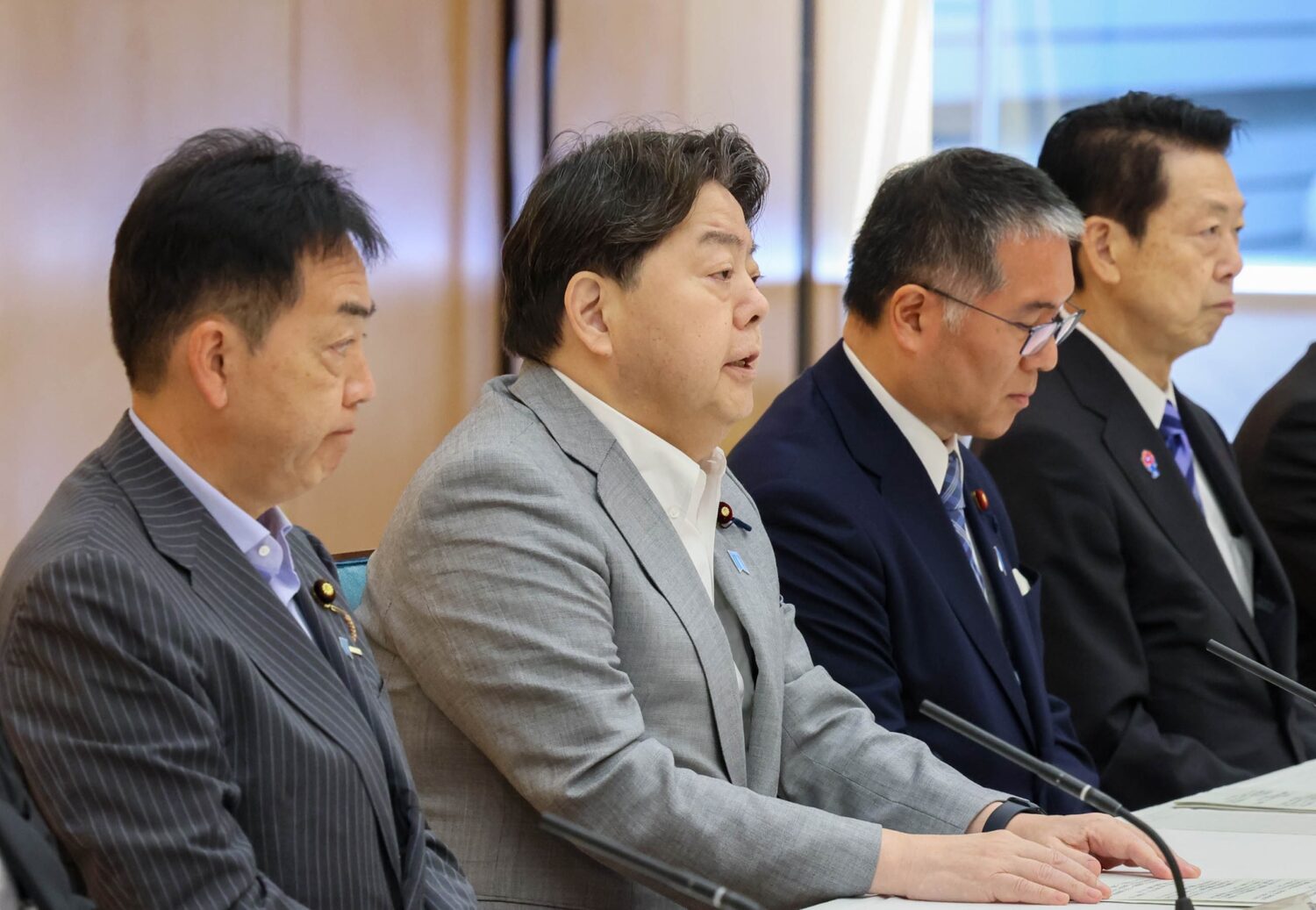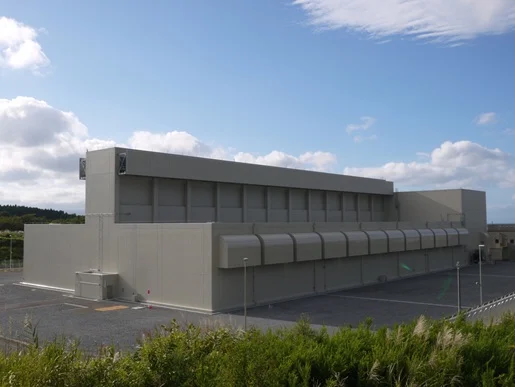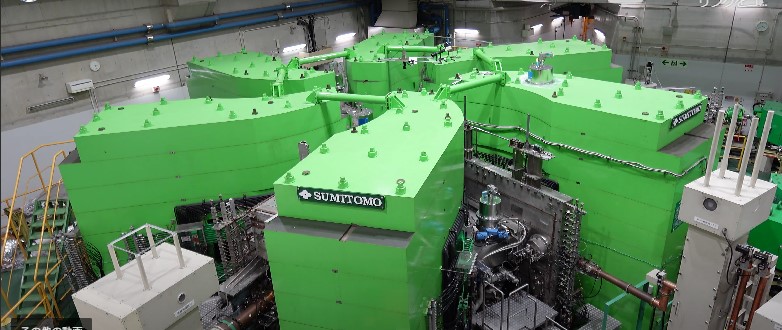The revised law requires the Tokyo Electric Power Co. (TEPCO) to deposit funds each year toward the decommissioning of the Fukushima Daiichi Nuclear Power Plants, in anticipation that those costs will continue to rise. The power utility must deposit money annually with the governmental Nuclear Damage Compensation and Decommissioning Facilitation Corporation (NDF) to ensure that sufficient funds are provided to decommission the reactors.
The decommissioning of Fukushima Daiichi is expected to be difficult, given such problems as removing the melted nuclear fuel (debris). The projected decommissioning costs, as calculated by the Ministry of Economy, Trade and Industry (METI), have swollen four times from the previous estimate of JPY2 trillion (USD17.5 billion at USD1=JPY114) to JPY8 trillion (USD70.2 billion). METI’s panel of experts had asked for the creation of a mechanism whereby decommissioning would not be affected by TEPCO’s business situation.
According to the latest revision, the NDF will annually determine how much money TEPCO must deposit, based on that company’s decommissioning action plans, and require it to provide such funds. The law also provides that whenever the power utility wants to draw on the reserved funds for decommissioning work, it must first obtain approval from the METI minister—a tightening by the government of the decommissioning’s management.













-013.jpg)






